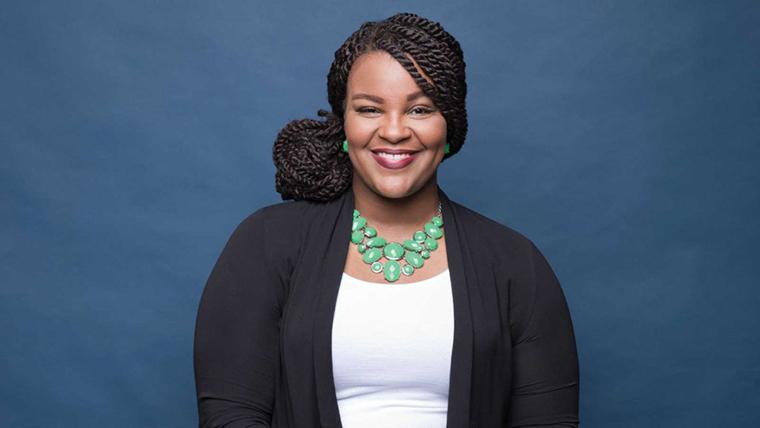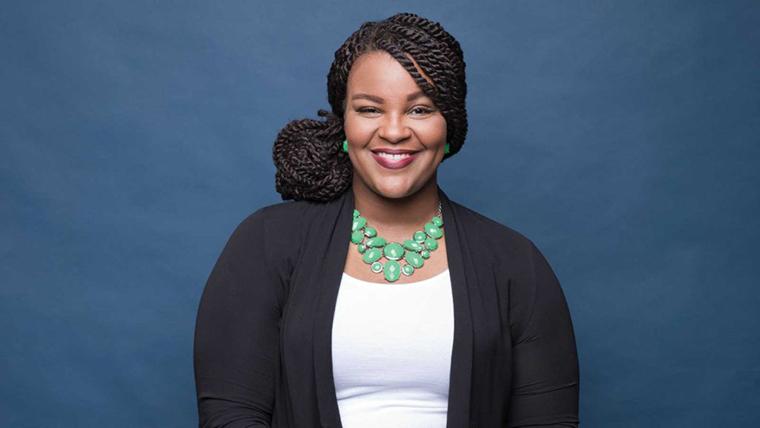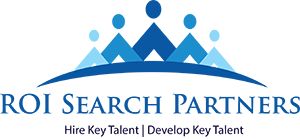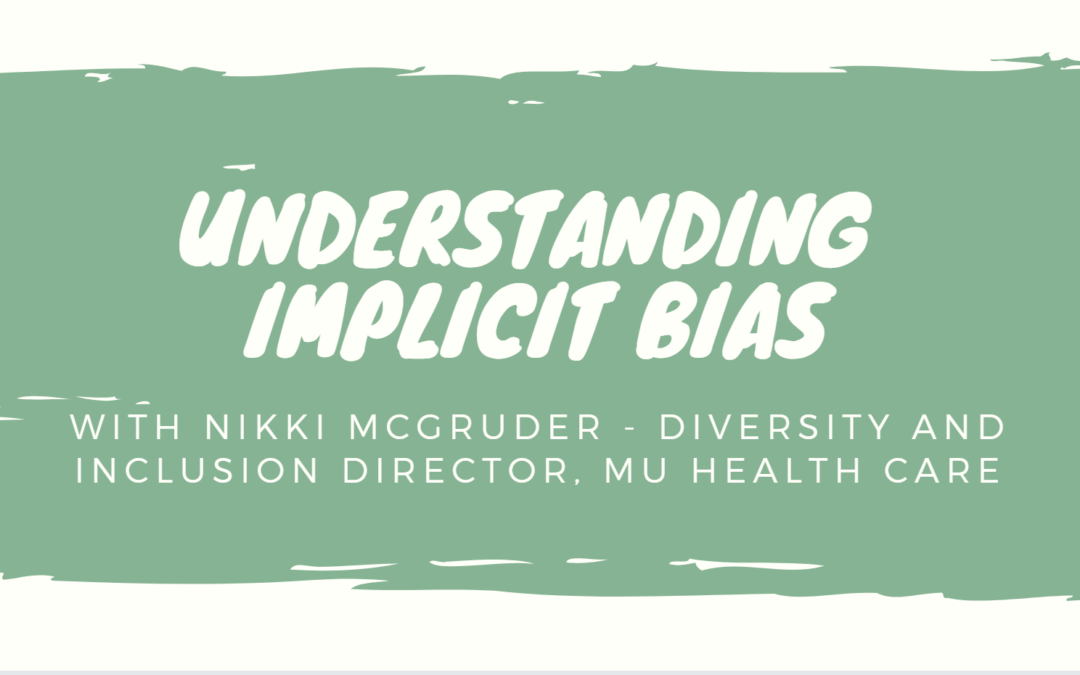
Since May of 2018, Nikki served as Director of the Inclusive Impact Institute; an innovative institute strategically creating diverse and inclusive communities through collaboration, education and engagement. Prior to the creation of this new community endeavor, Nikki served for more than three years as Regional Manager of the Columbia Branch of the Diversity Awareness Partnership. Columbia was the first branch that the Diversity Awareness Partnership had ventured out into over the course of its 17 years of service in the St. Louis community. Nikki recently joined MU Health Care as Director of Inclusion and Diversity.
Last month HR leaders across the St. Louis region came together to hear from Nikki McGruder, MU Health Care Director of Diversity and Inclusion on Understanding Implicit Bias. Nikki shared so much with us including personal stories and actionable follow up. Participants provided very complimentary feedback with us. Following are the major takeaways. Perhaps, you can consider some of these thoughts and actions, too.
Equity is equality in action
There is a cartoon picture you may have seen before of people standing behind a stadium fence rooting for their team which depicts equality, equity and liberation. If you don’t know what we are talking about, Google “equality vs equity cartoon”. It’s about understanding that everyone doesn’t start with the same opportunity and ultimately, we need to remove the fence (systems of oppression) altogether!
Be mindful when assessing “fit”
Finding the right cultural “fit” is a common phrase and something that we strive for in filling a position. While this is important, Nikki cautioned us to really consider what we are looking for…and name it! If we don’t step back and really challenge ourselves to objectively define what we are looking for, and in the words of a colleague of mine using “competency language”, we may actually lean towards assimilation rather than inclusion.
Then importance of self-awareness
It is not easy to sit with ourselves to think about why we act and think the way we do, but it’s necessary to really understand implicit bias. Nikki reminded us of the simple fact that if we have a brain, we have a bias. We did a quick activity where we looked at pictures and said the first thing that came to mind, and many times our views and assumptions were dead wrong! This was a great way to show how our brains are wired to make quick decisions, and how bias may occur.
Nikki also shared a few resources that you may be familiar with or may want to check out:
- Harvard Implicit Association Test
- Blindspot: Hidden Biases of Good People
When we know better – we do better!
Mitigating implicit bias
Self-awareness is the first step, and then continued intentional actions are needed to ensure sustained growth and change. The steps that Nikki shared are:
•Be self-aware – consider starting with the Harvard IAT
•Expose yourself to other experiences, not just one person
•Educate yourself – don’t put this burden on others!
•Find an accountability partner…and count on this person to call you out
Bottom line…do the work!!
Call out/cancel culture
If you are not familiar with this term, it means to remove someone from your social or professional circle – either on social media, in the real world, or both because have differing views and you don’t want to see it. We all need to learn and grow, so don’t close people out who look/think/act differently from you!
Ongoing dialogue
We know that diversity, equity and inclusion is a key priority for many organizations in the new year. We look forward to continuing this discussion with Business & HR leaders in our community.

Since May of 2018, Nikki served as Director of the Inclusive Impact Institute; an innovative institute strategically creating diverse and inclusive communities through collaboration, education and engagement. Prior to the creation of this new community endeavor, Nikki served for more than three years as Regional Manager of the Columbia Branch of the Diversity Awareness Partnership. Columbia was the first branch that the Diversity Awareness Partnership had ventured out into over the course of its 17 years of service in the St. Louis community. Nikki recently joined MU Health Care as Director of Inclusion and Diversity.


Recent Comments